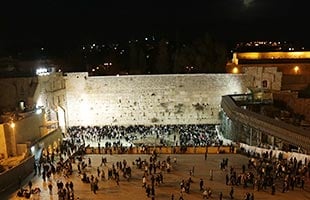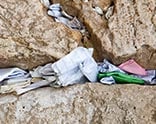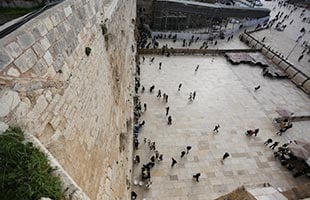
Parashat Chukat
Rabbi Shmuel Rabinowitz, Rabbi of the Western Wall and Holy Sites
This week’s Torah portion of Chukat tells us one of the commandments that
Rabbi Shmuel Rabinowitz, Rabbi of the Western Wall and Holy Sites
This week’s Torah portion of Chukat tells us one of the commandments that






